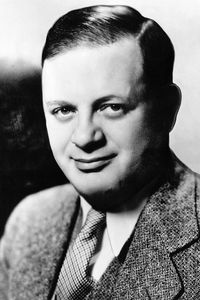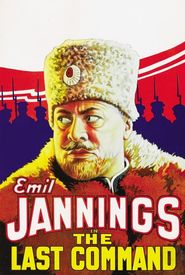Herman J. Mankiewicz, a renowned screenwriter, was born on November 7, 1897, in New York City to Jewish emigrants from Germany, Johanna and Franz Mankiewicz. He grew up in Wilkes-Barre, Pennsylvania, before returning to New York City with his family and younger brother Joe in 1913. Mankiewicz attended Columbia University, where he earned a degree in philosophy, and later became an editor of the "American Jewish Chronicle".
He began his career as a newspaperman, working for the Paris-based American Red Cross News Service, the "Chicago Tribune", and eventually as dancer Isadora Duncan's publicist in Europe. After World War I, Mankiewicz returned to New York and wrote for the "New York World", establishing himself as a witty writer, rivaling George S. Kaufman. His work appeared in top magazines, including "Vanity Fair", and he later worked as a drama critic for the "New York Times" and the "New Yorker" magazine.
Mankiewicz tried his hand at Broadway dramatistry, with his comedy "The Good Fellow" failing in 1926, but his next effort, "The Wild Man of Borneo" (1941),co-written with Marc Connelly, lasted only 15 performances. He moved to Hollywood in the late silent period, writing intertitles for Josef von Sternberg's classic "The Last Command" (1928). Paramount made him the head of their scenario department, where he hired talented writers, including Ben Hecht.
Mankiewicz became the highest-paid screenwriter in Hollywood, solidifying his position with the advent of sound and the need for real dialogue. His biting wit and taste for satire went down well with audiences, and he eventually brought his brother Joseph L. Mankiewicz to Hollywood. Joe would go on to surpass his elder brother, creating classics such as "All About Eve" (1950).
Herman Mankiewicz produced the Marx Brothers pictures "Monkey Business" (1931),"Horse Feathers" (1932),and "Duck Soup" (1933),as well as W.C. Fields's "Million Dollar Legs" (1932). His career was hampered by his alcoholism and cynicism, which led to his downfall. He went back to New York in 1932 to make his Broadway debut as an actor and eventually worked as a contact writer at Metro-Goldwyn-Mayer.
Orson Welles claimed that he had to assign producer John Houseman to keep Mankiewicz sober during the drafting of the "Citizen Kane" screenplay. After the film gave his career a boost, Mankiewicz's reputation suffered due to his drinking and erratic behavior. He died in Hollywood on March 5, 1953, at the age of 55, a place he despised.






















































